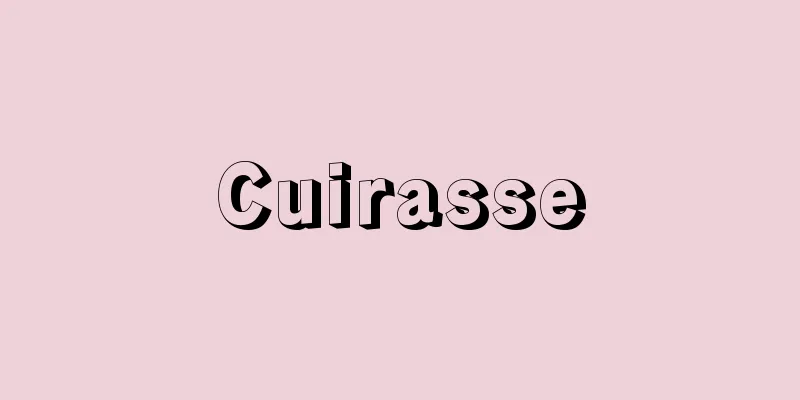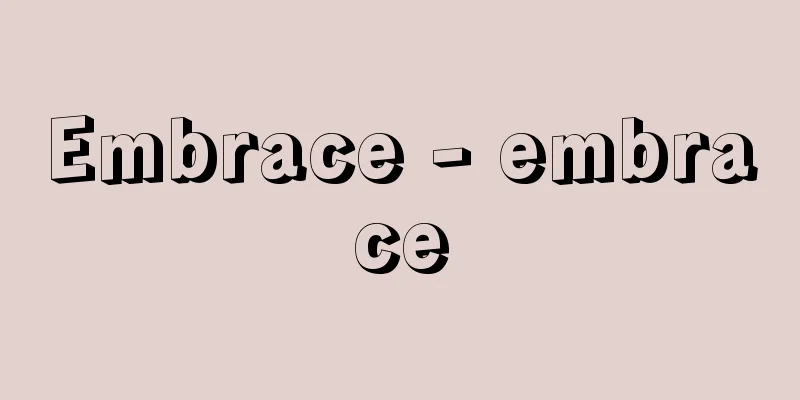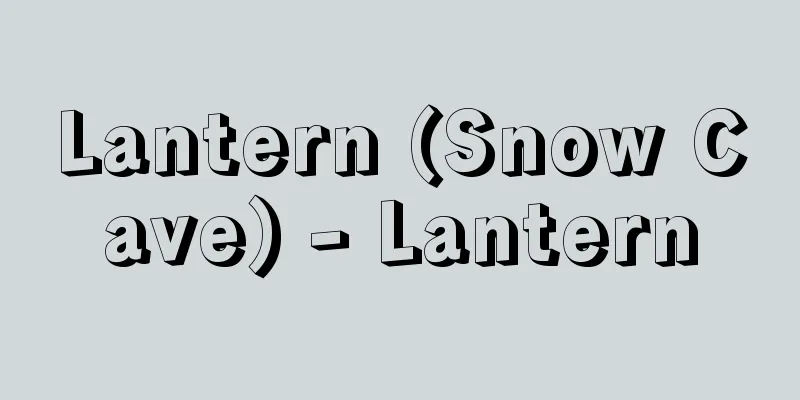Demos (English spelling)

|
A Greek word originally meaning a group of people living together, i.e. a clan. It can also mean a village community, a citizen's assembly, the common people as opposed to the nobility, an administrative district as a subdivision of the polis, or even the state itself. The first personification of the demos as the people constituting the Athenian assembly is said to be the character Demos in Aristophanes's The Rider (performed in 424 BC), and from the second half of the 4th century BC onwards it was often depicted in sculptures and reliefs as a symbol of democracy. Source: Heibonsha World Encyclopedia, 2nd Edition Information |
|
いっしょに居住している集団=氏族を原義とするギリシア語。ダーモスdamosともいう。村落共同体,ポリス市民団の民会,貴族に対する平民,ポリスの下部組織としての行政区,あるいは国家そのものを意味することもあった。アテナイで民会を構成する民衆としてのデーモスの最初の人格化は,アリストファネスの《騎士》(前424上演)の登場人物デーモスであるとされ,前4世紀後半以降民主政を象徴するものとして彫刻やレリーフに表現されることがしばしばあった。
出典 株式会社平凡社世界大百科事典 第2版について 情報 |
Recommend
Aunis
Aquitaine is a region in southwestern France, mai...
Awakening - Arousal
Physiological term. A physiological state of the b...
Fréjus Tunnel (English)
This long road tunnel is located on the internatio...
Aigues‐Mortes (English spelling)
A fortified town in the Gard department in southea...
Housekeeping - Sculpin
...The educational goal through these was to teac...
Ichimi Shinsui - Ichimi Shinsui
A custom from the Middle Ages and early modern ti...
Jiu-tong (English spelling)
A general term for nine books that describe the po...
Antaisaka
Tanara is a general term for the people who live ...
Business Reorganization Order
… [Economy and national living conditions] The wa...
hand joint
…the carpal joint is connected to the forearm by ...
Mate, R. (English spelling) MateR
However, unlike regular feature films, "B&qu...
Gabbro (gabbroic rock)
A basic plutonic rock composed of plagioclase, pyr...
Ptenopus garrulus (English spelling) Ptenopusgarrulus
…Most geckos, including the tokay, are vocal, mak...
Kantaka system - Kantaka system
In the late Middle Ages, it was used as a concept...
Dalin, O.von (English spelling) DalinOvon
...In particular, the King James Version of the B...









